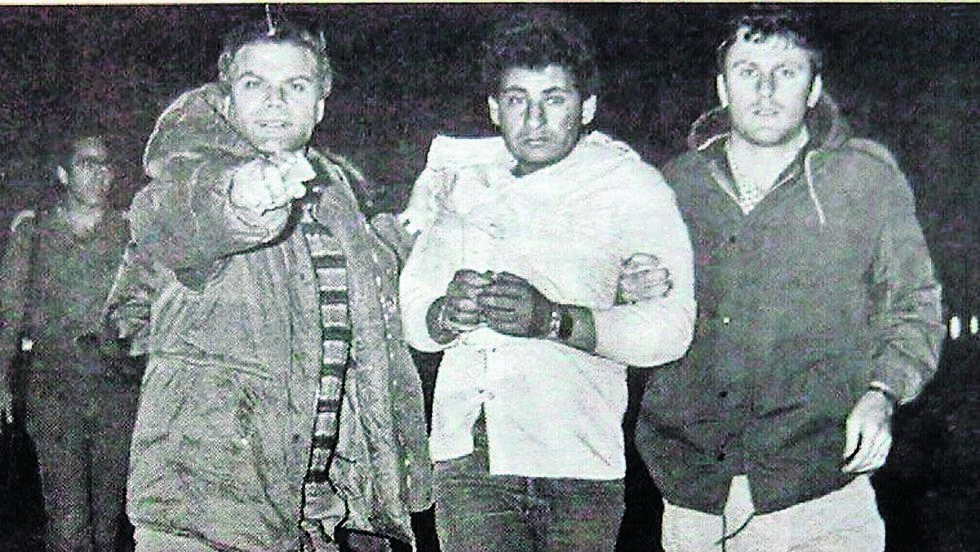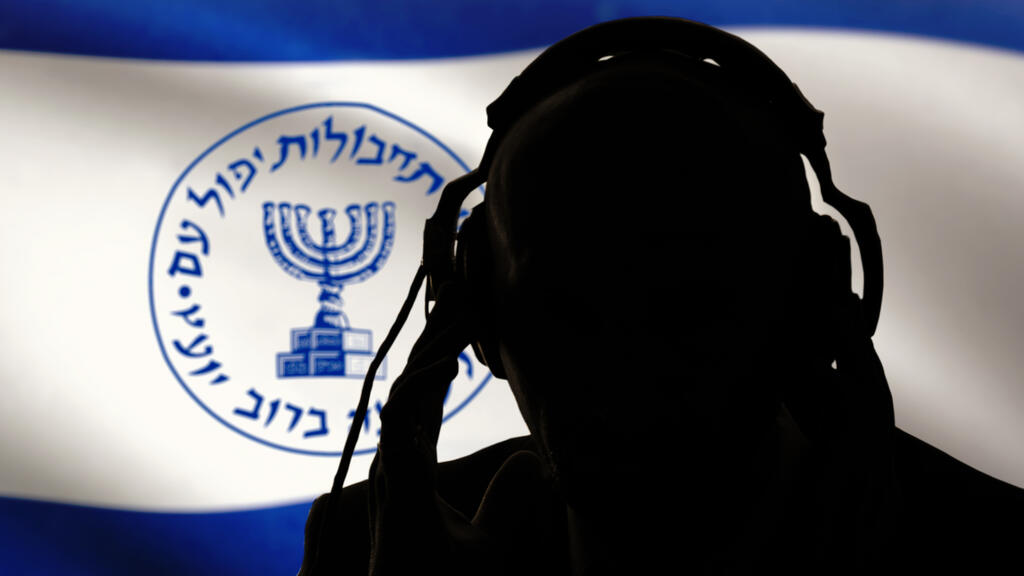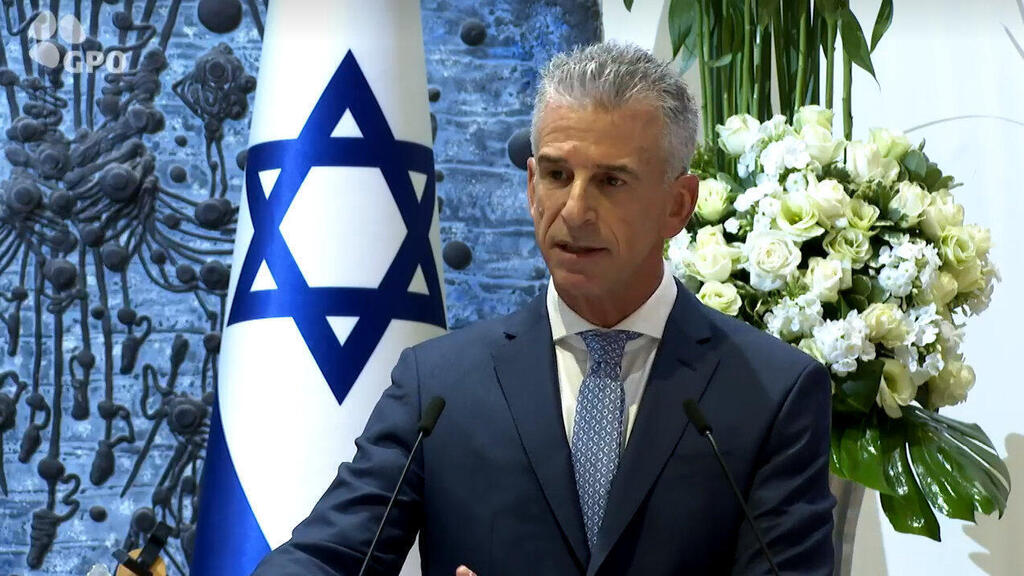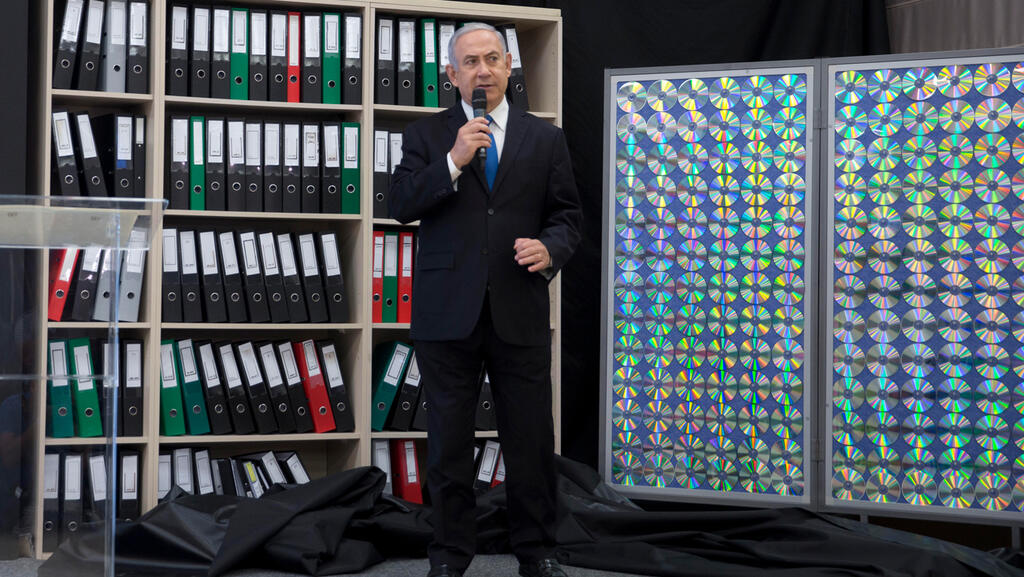The question often arises about the proper way for intelligence agencies to handle publicity; especially in recent years, where the Shin Bet and Mossad, organizations that are famous for their secrecy, have launched a planned media campaign to glorify themselves and their successes.
Other stories:
The bottom line is that Israel has no clear policy about media coverage when it comes to these agencies. The media publishes their successes and sometimes criticizes them, but a consistent form of such organizations in media coverage is hard to pinpoint.
The character of intelligence organizations has changed, both in Israel and the world. Throughout World War II their operations were completely cloak and dagger, and no one knew anything about them. This began to change during the 1950s when the media started to write about them, but their operations still remained a well-kept secret. These agencies assumed that secrecy was a key factor in gaining an advantage against their competitors.
In the last few years, however, and especially with the advent of the Internet, media has evolved. Much more information is publicized regarding intelligence agencies in democracies around the world – including articles planted by the agencies themselves in order to glorify their success, be it through various websites or on social media.
The situation in Israel is different, however. Since we are the only democracy where military censorship is in effect, what gets published is only decided by the Shin Bet, Mossad and the sitting prime minister.
4 View gallery


Shin Bet operatives arresting a terrorist
(Photo: Alex Libek, Courtesy of Haaretz newspaper)
This creates an anomaly: on one hand, the public is usually astonished by the overexposure of information by these agencies, on the other, subjects that seem like they should be public knowledge and carry no significance to security interests are being withheld.
This implies that their success stories are subjected to less strict censorship than the ones that might embarrass them, thus these agencies misuse the military censors.
Israel reached several milestones in coverage of the Shin Bet and Mossad. For years, the heads of these agencies believed zealously in maintaining secrecy, including the names of the people who were holding high office within the organizations.
In the past, any activity these agencies carried out within the West Bank and Gaza was placed under a gag order, with operations being credited to "security forces."
The Shin Bet rarely commented on cases it was involved in, like the assassination of terrorists and publications regarding the agency's interrogation techniques. From there, the path toward the agency harnessing the media to promote its own agenda was short.
Mossad held a more conservative position on media coverage due to the nature of its operations abroad. A clear example of Mossad’s reluctance to put itself in the spotlight happened in 1997 when it didn’t wish the world to know about its failure to take down a Hamas leader in Jordan.
In 2018, however, Prime Minister Benjamin Netanyahu appeared on live television and revealed to the world the daring operation by Mossad to obtain Iran's nuclear archives, which were hidden in Tehran.
This kind of exposure was unprecedented in the history of Israel, and of intelligence agencies around the world, which seemed to some like overexposure of the organization’s actions.
Following this, Yossi Cohen, the former Mossad chief, gave a filmed interview for a television show in Israel while he was still on the job – another unprecedented step during which further secret information was revealed, approved by the military censors. The exact need for the publication of that information is still unclear.
In an age where the media sets the agenda, and lines about publishing classified information keep getting crossed, questions about intelligence agencies' use of the media keep rising. Who is responsible to maintain a balance between secrecy and a good image, and should these organizations be allowed to do as they please to advance their own interests?
This situation agencies be allowed to continue, and the use of media by these organizations is something that should be investigated.




